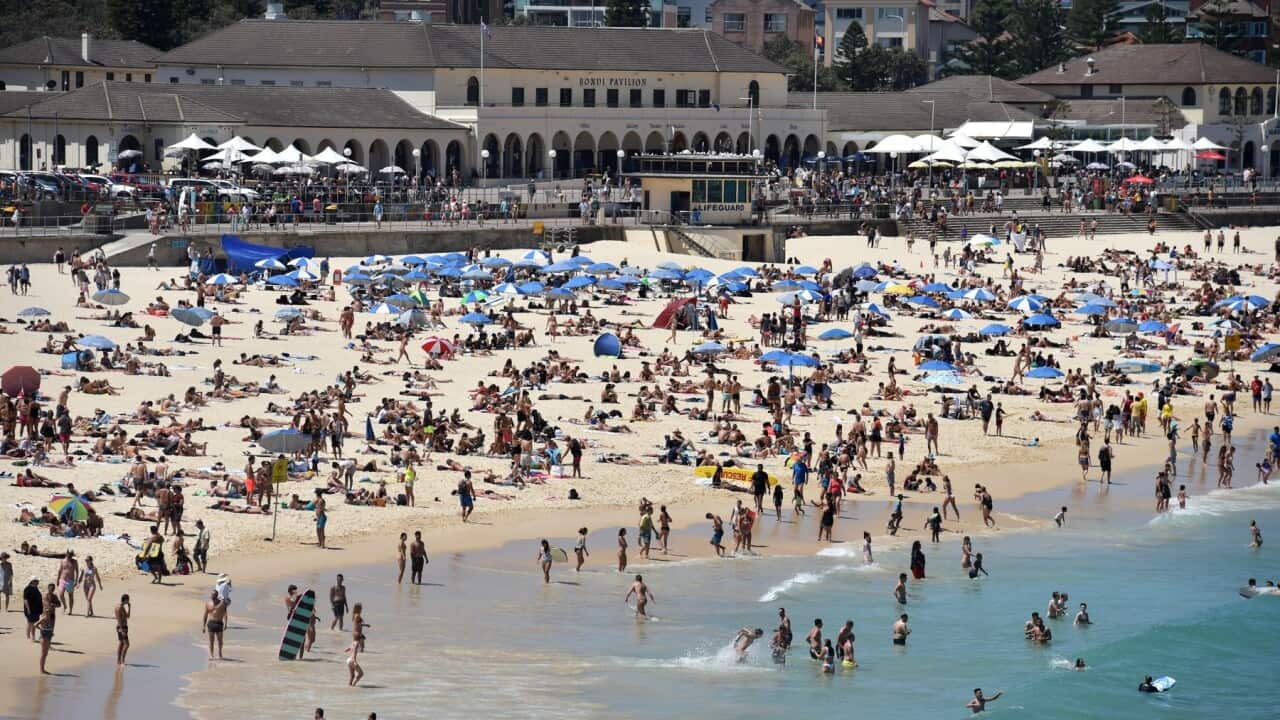How many of you recalls their first experience when seen a beach for the first time? what was your feeling seeing the vivid blue colour of the ocean with endless horizon?
As an island nation, Australia has the Indian Ocean to the west, and the South Pacific Ocean to the east.
Australia is home to more than 10,000 beaches. In fact, if you try to visit a new beach every day, it would take you nearly 27 years to see them all
There are more than 8200 islands off the coast of Australia, the largest being the state of Tasmania to the south.
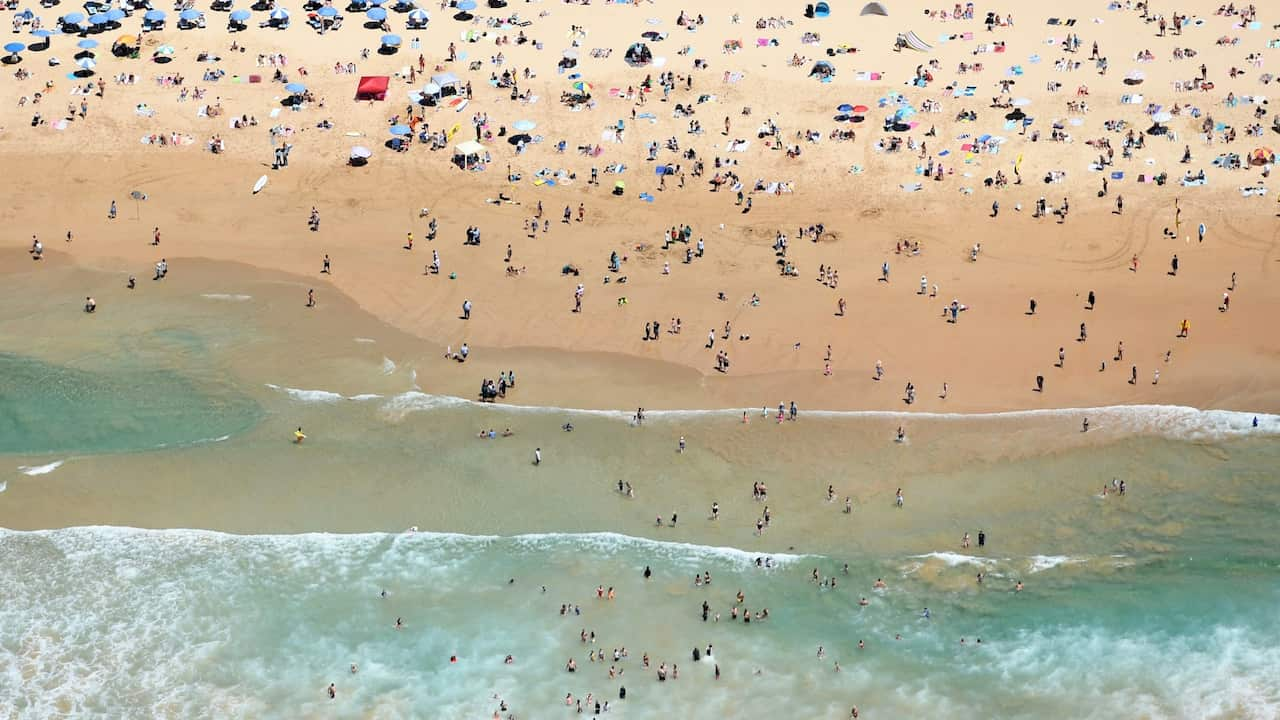
Most of Australia’s population is concentrated to the east and southeast coasts of the continent. Australians discovered the true fun of the beach over time, with Australian coastal cities grew and became more crowded through the 20th century. However, extended exposure to the sun can be harmful. Protection from ultraviolet rays is important to prevent skin cancer.
Dr Albert Yousif is a local GP who runs his clinic, Shapiro Medical & Cosmetic Clinic in Fairfield. He says the ultraviolet ray in Australia during summer time is very high and people should be very careful in protecting themselves from this damaging rays.
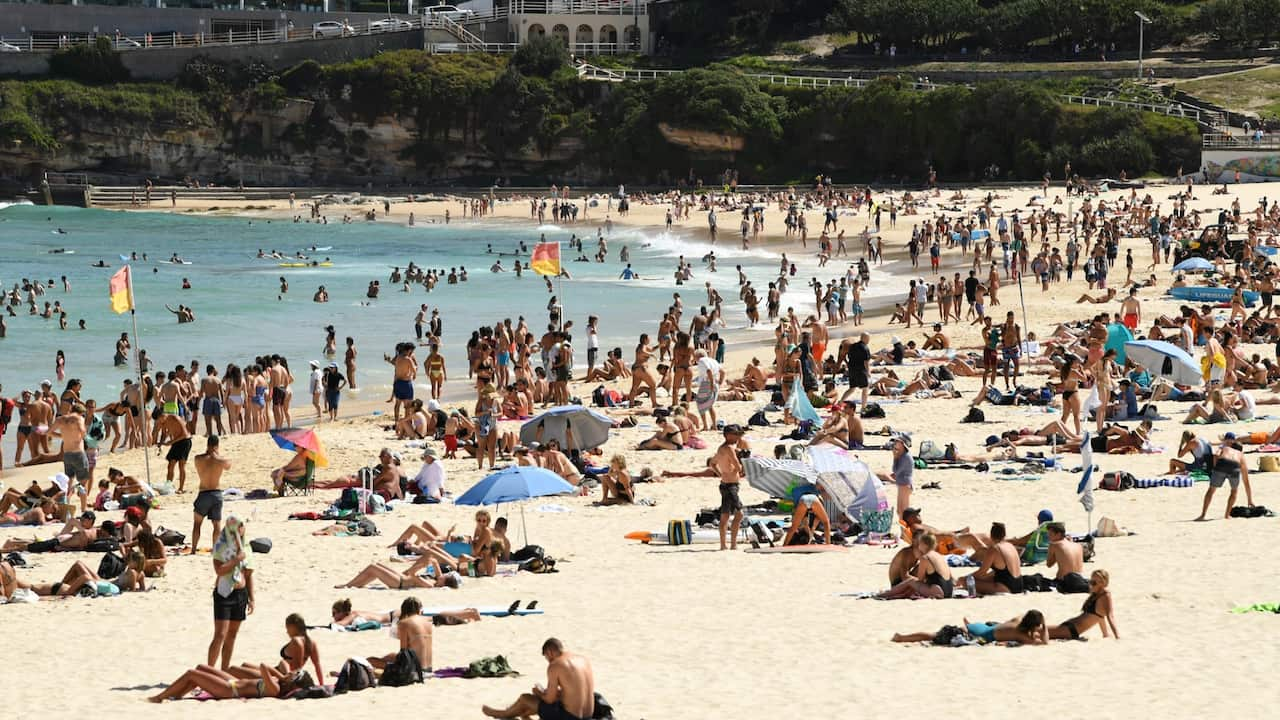
He explains the important three Ss, Slip,Slop,Slap and their significance on our protection from Ultraviolet rays.
Listen to SBS Assyrian segment about skin cancer with Dr Albert Yousif.
If you’ve ever been to an Australian beach, you’ll also have noticed there are signs for beach rules.There are terms of entry, for example, no dogs on certain beaches, and no smoking.
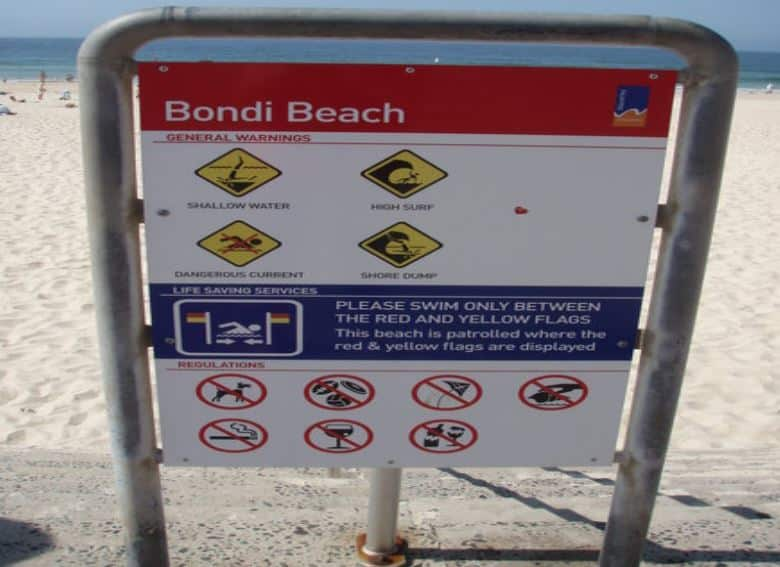
Most beaches have qualified Surf life savers, known as the Surf Lifesaving Club. They’re responsible for rescuing people from drowning, providing first aid, and emergency health care.
Life savers play vital role in saving lives of many newly arrived migrants who are not very familiar with swimming in Australian beaches.
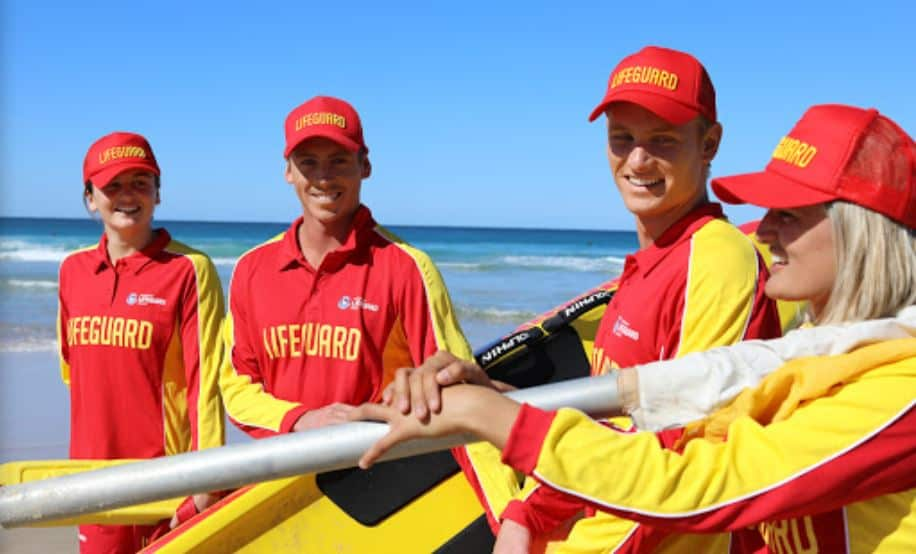
As for animals in Australian waters, the shark is the third most dangerous, although the likelihood of a shark attack death compared to other animals is very small. Despite this many Australians, in several polls, have stated that what frightens them the most is death by shark.
According to the Australian Shark Attack File by Taronga Conservation Society Australia, the shark attack mortality rate is 0.9 - less than one person per year. The reality of a shark death is a rare possibility, and Australian state governments do everything possible to reduce this risk.

We cannot leave you without pointing out at some of the most popular beaches in Australia. This does not mean they are the best beaches but their reputation gives them the most attraction.
Western Australia Yallingup-Beach
NSW Bondi beach
Victoria St KIlda beach
Queensland Surfers Paradise beach
Listen to all episodes of Australia Explained in Apple Podcasts, Google Podcasts, or Spotify.
